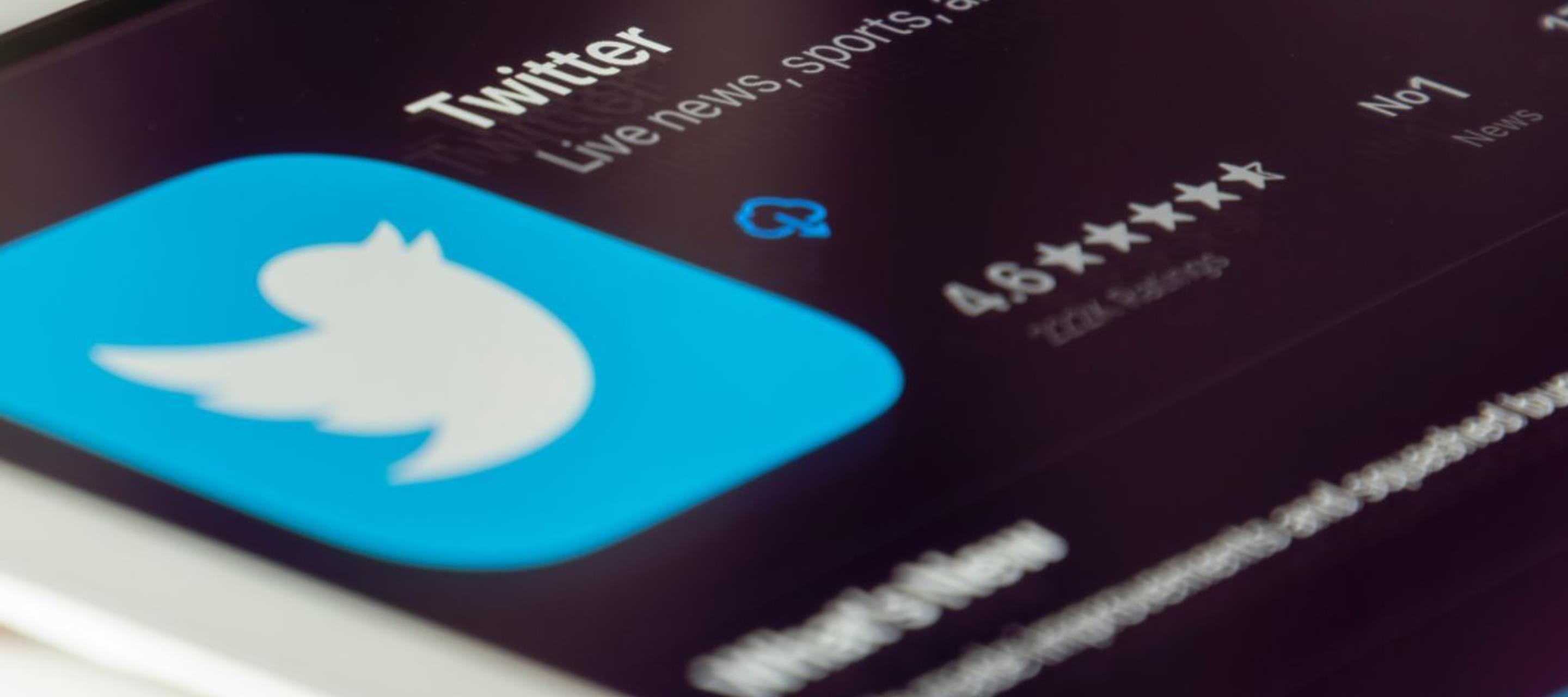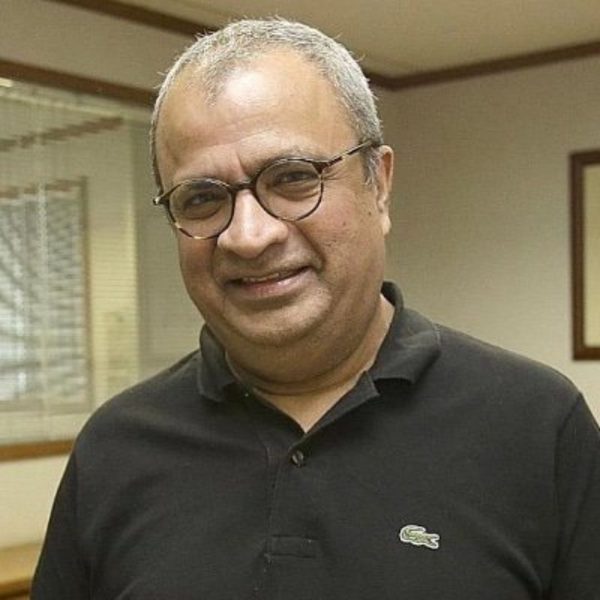Why Convert Twitter into a Public Trust – A Radical Idea
25 April 2022

Elon Musk has set Twitter on fire by proposing to buy-out existing shareholders of the popular social media platform and to take it private. To put it bluntly, placing a global public square (as Twitter fashions itself to be) in the hands of a mercurial billionaire risks undermining freedom of expression by placing too much power in the hands of an individual and further concentrating political power in Silicon Valley, which already has too much of it.
Rather than simply protest, as millions of outraged users have done in recent days, it is time for those with an interest in protecting free speech and hundreds of millions of Twitter users to come together and convert the company into a public trust. This may well be an academic exercise since Musk appears to be nearing completion of the acquisition. However, it is still useful to explore the parameters of converting Twitter into a public trust.
While Musk’s commitment to preserving free speech may indeed be genuine, it is still unacceptable for an unelected billionaire to consolidate so much of power into his hands.
At first glance, the hypothetical money required to top Musk’s offer of over $40 billion, may seem formidable and impossible to match. But even Musk cannot compete with the power of the public, when hundreds of millions of public-spirited citizens all over the world decide that Twitter is worth preserving as a public trust, which is accountable to the public at large and acts in the public interest, and does not only or primarily serve the interests of its shareholders. The math required to match or exceed the Musk offer would work as follows:
- Twitter Public Square or @TPS, as the trust should be named, will require an initial corpus of capital. Let’s say this number is set at $60 million, with $1 contributions from 60 million individuals. The new organization could be established as a trust modelled on the ownership of The Guardian newspaper in the UK.
- There is still a huge mountain to climb in terms of competing with the Musk offer. @TPS could conduct a massive global exercise in crowdfunding. Governments and companies should be prohibited from funding the trust because that will make it vulnerable to outside pressure. The money should primarily come from individuals, foundations, and other civil society actors with a track record in advocating and fighting for free speech. Raising $50 billion from the public, for example, will require 100 million citizens world-wide contributing $500 each.
- Existing Twitter shareholders should also be able to forego the option of receiving financial proceeds from the buy-out, reducing the overall amount needed.
Pursuing a laissez faire approach on the topic, as his pronouncements make clear, raises uncomfortable questions that malign actors will be able to weaponize the medium without safeguards. It is for this reason that Twitter should be placed in the hands of a public trust with a clearly defined purpose, which protects and preserves freedom of expression.
The inevitable question is why bother going through such an elaborate fund-raising exercise? Elon Musk ironically provided the answer in his intervention at the recent TED conference in Vancouver, saying, “Twitter has become kind of the de facto town square, so it’s really important that people have the reality and the perception that they are able to speak freely within the bounds of the law.” While Musk’s commitment to preserving free speech may indeed be genuine, it is still unacceptable for an unelected billionaire to consolidate so much of power into his hands. True, The Washington Post is already controlled by such an individual in Jeff Bezos but arguably Twitter’s global reach, in terms of number of people and countries where its users reside and its impact in shaping viewpoints on contentious issues is far greater than that of The Post, even though well-documented and researched independent journalism exposing crime, corruption, and wrongdoing can have significant impact on events.
In the Post’s case, the Watergate affair is an obvious example; but then mis-steps on Twitter, or mis-spoken words on Twitter, too, have led to financial penalties or career setbacks for many prominent personalities. There is also a fundamental difference between ownership of a newspaper, which is liable for the content it publishes and social media platforms such as Twitter, which have protections under Section 230 of the Communications Decency Act, although the protection has been heavily criticized, in particular by conservatives, and the Department of Justice is reviewing the provisions. Control over Twitter will give Musk sweeping powers to decide what global content on the platform constitutes legitimate free speech.
Pursuing a laissez faire approach on the topic, as his pronouncements make clear, raises uncomfortable questions that malign actors will be able to weaponize the medium without safeguards. It is for this reason that Twitter should be placed in the hands of a public trust with a clearly defined purpose, which protects and preserves freedom of expression. Critics will still point out that @TPS will have to make judgment calls on what constitutes legitimate free speech and what does not. But such judgment calls (and content moderation) will have better outcomes when this is determined within the framework of a public trust rather than the final decisions of a wealthy individual.
How will @TPS operate and be governed?
As a start, the trust should operate as a private entity. @TPS should innovate and compete for users, as it does now, and continued financial viability should be at the heart of its objectives. The trust should be governed by a diverse group of eminent individuals drawn from all over the world, who provide oversight and set rules on how the social media platform operates. A possible model is Meta’s Oversight Board (which arbitrated on the expulsion of Donald Trump from Facebook, for example) and comprises former heads of state, editors, NGOs, and legal experts.
We should draw a distinction between ownership of Twitter (by a public trust) and management of the platform on a day-to-day basis (which should remain in professional hands). Twitter, the company as we know it today, should continue to operate with its own management and staff. This will ensure that @TPS continues to attract the best and brightest in talent and is able to showcase that a public trust can own and run an important global media platform. There are precedents for the proposed @TPS governance structure. For example, in the UK, the Guardian is owned by the Scott Trust Limited, whose fundamental objective is to permanently secure the financial and editorial independence of the newspaper. Another recent corporate innovation is the B Corp designation, which provides certification for companies meeting specific social sustainability and environmental standards, besides the usual financial metrics.
What are the obstacles to converting Twitter into a public trust?
Besides the seeming inevitability of the Musk acquisition, financing, inertia and apathy on the part of the public will hold back efforts. A powerful platform going into private hands, without safeguards to protect editorial freedom or record of commitment to freedom of expression and other human rights standards, risks undermining freedom of expression. Concerns in America, for example, are that Twitter as a privately owned entity may not police hate speech or moderate content with the same zeal as a publicly listed company, which has shareholders to answer to. Musk has of course dismissed these concerns and has noted that the platform, under his leadership, will comply with the rules.
Wall Street analysts have fretted about the continued business viability of Twitter for many years, recognizing that while it does not make as much money as Meta or Google, its non-financial value as a platform for free speech possibly matches or exceeds that of its rivals.
Some may also argue that a public trust model will have limited impact because Twitter is much smaller in reach compared with bigger platforms like Google and Meta, both of whom face challenges in their surveillance and containment of disinformation and other harmful content. Wall Street analysts have fretted about the continued business viability of Twitter for many years, recognizing that while it does not make as much money as Meta or Google, its non-financial value as a platform for free speech possibly matches or exceeds that of its rivals. Twitter has always been a fundamentally different medium where most users exchange insights, debate ideas, and challenge each other. For this reason alone, it was worth preserving. As a public company, Twitter is currently accountable to its shareholders. As a purely private entity, accountability will be limited to Musk and his partners. As a public trust, it could have been accountable to the world at large. That lesson should not be lost on the public.
Vasuki Shastry is an Associate Fellow at Chatham House, where he researches the interplay between technology and democracy. He is the author of “Has Asia Lost It? Dynamic Past, Turbulent Future”.
Image: Photo by Souvik Banerjee on Unsplash




